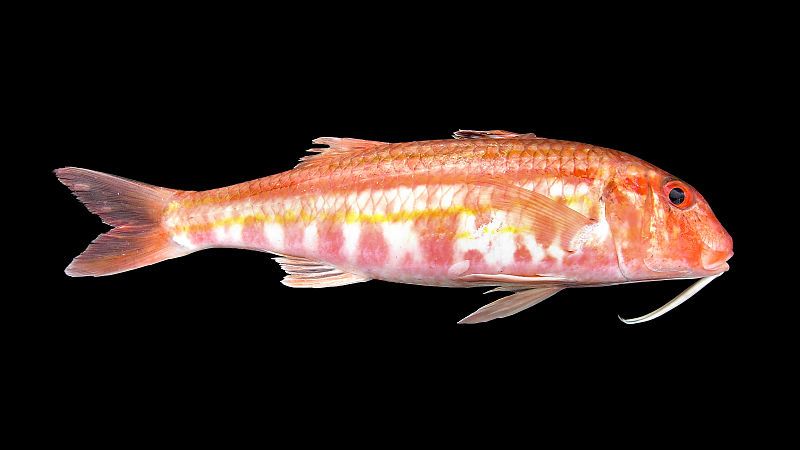Fish responding to climate change by moving north
Fish around the British Isles are gradually moving in response to climate change over the last 30 years, according to a new study analyzing trawl data from 100 million fish.

Fish around the British Isles are gradually moving in response to climate change over the last 30 years, according to a new study analyzing trawl data from 100 million fish. The study, by researchers at Bristol University is the first of its kind and took them a year of painstaking collation.
Fish that traditionally thrive in British waters, such as cod, mackerel and haddock are moving northwards causing tensions with countries like Iceland over fishing rights. Fish normally seen in greater numbers further south, like Hake, Red Mullet and Sole are now more abundant in British waters. In all, around three quarters of all species are responding to changing climate. But these species are not guaranteed to rise in numbers into the future, fish respond not only to temperature, but to availability of breeding grounds and food stock. Ocean acidification could also play a key role.
The new fish moving north tend to be smaller, but reproduce more quickly, which makes them less liable to be affected by overfishing. Bertie Armstrong, chief executive of the Scottish Fishermen's Federation (SFF), says “traditionally, the British consumer tends to like his fish in white slabs, preferably coated in breadcrumbs - that's a huge, ridiculous over-generalisation, but there is a culture change that would be helpful to make best utilisation of what's available and what's going to be available."
Even if this has a slight positive impact on UK fisheries, the researchers are quick to stress that the fish must still be harvested sustainably and the overall effect of global warming on ocean biodiversity is highly likely to be negative.






